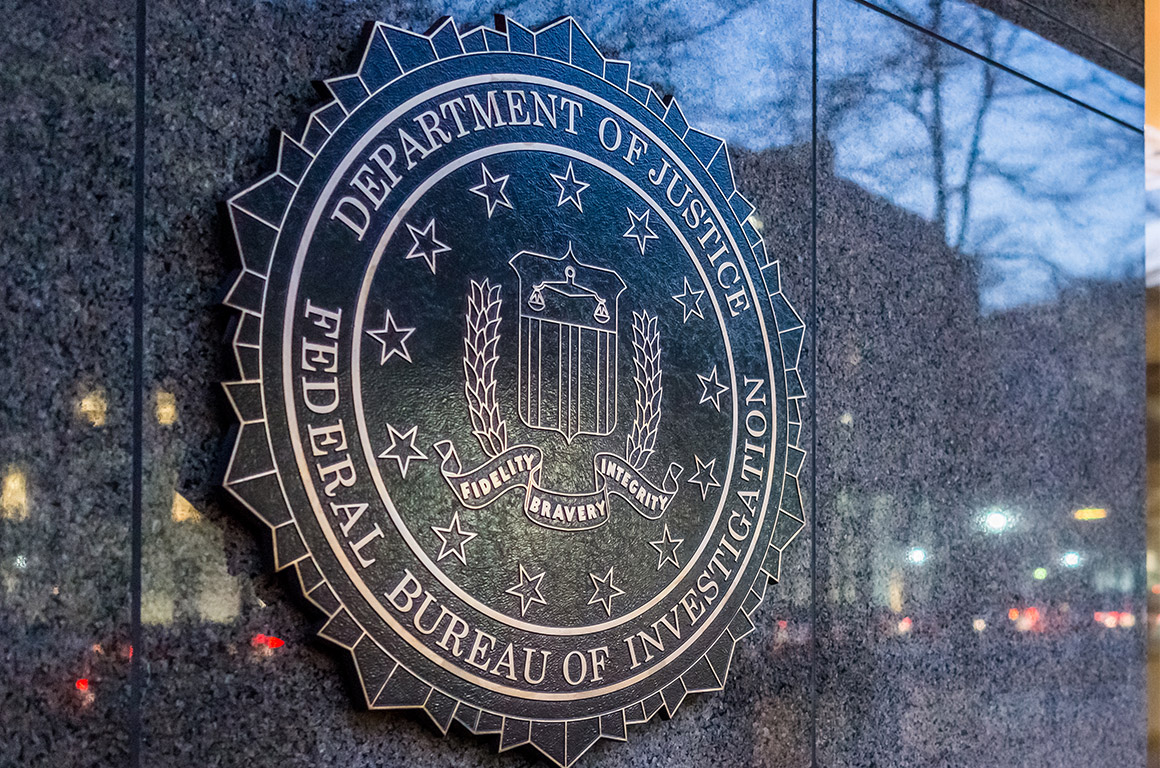
Chebli v. Kable: Lawsuit Challenging Placement on No Fly List
What's at Stake
In April 2021, the РЯАФУХПЊНБНсЙћ, the РЯАФУХПЊНБНсЙћ of the District of Columbia, and the РЯАФУХПЊНБНсЙћ of Michigan filed a lawsuit on behalf of Ahmad Chebli, whom the U.S. government wrongly placed on the No Fly List after he refused to become an FBI informant. Ten days after the РЯАФУХПЊНБНсЙћ filed the lawsuit, the government finally removed Mr. Chebli from the No Fly List. Because he is no longer on the No Fly List, Mr. Chebli withdrew the lawsuit, saying тIтm relieved to be off the No Fly List, but still reeling from the governmentтs abusive use of the list against me and its violations of my constitutional rights. I was placed on the list after I refused to become an FBI informant despite frightening and intimidating threats against me and my family. For over two years, I sought a fair process to clear my name, and the government failed to provide me with one. As a Muslim in this country, it can be easy to feel like a second-class citizen and be afraid to stand up for your rights because of the way our own government treats us. But now I feel vindicated and want my story to encourage others to stand up for their rights, because when we do, good things can happen.т
Summary
The lawsuit, filed in the federal district court for the District of Columbia, challenged the governmentтs retaliatory placement of Mr. Chebli on the No Fly List and its failure to provide him with a fair and timely process to challenge the indefinite flying ban. The governmentтs actions against Mr. Chebli violated the First and Fifth Amendments to the Constitution, the Administrative Procedure Act, and the Religious Freedom Restoration Act.
Mr. Chebli is a long-time Michigan resident and father of two young children, who has focused on building a good life with his family, both as a business owner and an engineer. Starting in August 2018, FBI agents approached Mr. Chebli, a U.S. citizen of Lebanese descent, and pressured him to work for the agency. The agents questioned him about his political and religious beliefs, associations, and the years he spent living in Lebanon as a young student. They accused him of affiliation with a terrorist group, which shocked Mr. Chebli and which he vehemently denied. The FBI agents repeatedly threatened that unless Mr. Chebli agreed to become an informant, he and his family would face increased surveillance and investigation, and his wifeтs application for naturalization would be at risk. When Mr. Chebli refused to give in to these threats, the government placed him on the No Fly List. The government confirmed he was on the List in December 2018.
For over two years, Mr. Chebli sought to challenge the governmentтs actions through an administrative redress process. But the government failed to provide him any reason for placing him on the List, any evidence supportingтor underminingтany such reason, or any hearing before a neutral decision-maker. Because of the No Fly Listтs indefinite flying ban, Mr. Chebli could not travel to see family and friends, for work, or to fulfill his religious pilgrimage obligation as a Muslim.
For nearly two decades, the U.S. government has operated a No Fly List that indefinitely bars thousands of U.S. citizens and residents from flying to, from, within, or over the United States, and stigmatizes them as terrorism suspects. The government places people on the No Fly List based on vague criteria, and U.S. citizens and residents on the No Fly List are disproportionately Muslim and those of Arab, Middle Eastern, or South Asian heritage. In recent years, the governmentтs use of the No Fly List to pressure people, particularly Muslims, to become informants has come under increasing scrutiny and challenge.
In 2014, the РЯАФУХПЊНБНсЙћтs clients in another No Fly List challenge won a district court ruling finding that the governmentтs redress process for people to challenge their placement on the No Fly List was unconstitutional. As a result, the government announced in April 2015 that it would tell U.S. citizens and lawful permanent residents whether they are on the List and possibly offer reasons. However, as Mr. Chebliтs case illustrates, the governmentтs new redress process falls far short of constitutional requirements because it still denies people meaningful and timely due process.
After failing for years to respond to Mr. Chebliтs petition for redress, the government took only ten days after the filing of the lawsuit to remove him from the No Fly List. In a May 2021 letter to Mr. Chebli, the Department of Homeland Security stated that he тno longer satisfies the criteria for placement on the No Fly Listт and that he has тbeen removed from the No Fly List, and will not be placed back on the No Fly List based on currently available information.т Mr. Chebli subsequently withdrew the lawsuit.
Legal Documents
-
04/06/2021
Complaint -
05/12/2021
Notice of Voluntary Dismissal
Date Filed: 04/06/2021
Court: District Court (D.D.C.)
Date Filed: 05/12/2021
Court: District Court (D.D.C.)
Press Releases
Michigan Father Wrongly Placed on No Fly List is Removed After РЯАФУХПЊНБНсЙћ Files Lawsuit on His Behalf
РЯАФУХПЊНБНсЙћ Files Lawsuit on Behalf of Michigan Father Wrongly Placed on No Fly List
